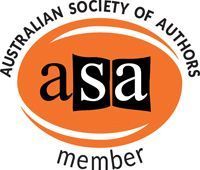I’m presenting an afternoon workshop at Wyoming on the Central Coast (75 min from Sydney) on writing memoir in fragments on 27th Sept 2015, if you’d like to come along or know anyone who might be interested.
It’s hosted by the local poetry group (Central Coast Poets Inc), but is for anyone who’s ever thought they might like to write about some significant or interesting event in their life, and would like to explore the possibilities in writing in fragments.
“A person’s life does not unwind like a ball of string.”
– Maria Corti
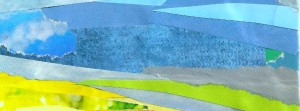
Title: Writing a memoir in fragments
— using poetry as a way to explore and share your story
Presenter: Beth Spencer
Place: Wyoming community centre on the NSW Central Coast
147 Maidens Brush Rd, Wyoming NSW 2250
(75 mins from Sydney)
Date: Sunday 27th September 2015, 12.30 for 1pm start.
Duration: 3 hours, with a short tea break
(plese arrive at 12.30pm to connect and get settled
and we’ll begin at 1pm and go through till 4pm)
Hosted by: Central Coast Poetry Inc.
About the workshop:
Most memoirs are written in prose and usually with a fairly linear narrative. This happened, and then this, and that followed and then…
But as Maria Corti once wrote, “A person’s life does not unwind like a ball of string.’
Our memories often come to us thematically; or spin off in different directions, more like a rhizome (like a dahlia bulb) than a chain.
So what would it be like to use poetry to mimic this fragmented nature of our stories, and yet still build in a narrative momentum that pulls you forward through the telling?
In this workshop we will be discussing both the possibilities and the benefits of constructing a memoir — a story or event from your own life — in fragments.
For instance, you don’t have to begin at the beginning (you can add that in later). And you can by go into very personal territory without having to reveal everything (by using metaphors, images, allusions, and so on).
We’ll be doing a range of short writing exercises to get the creativity flowing, so bring pen and paper.
We’ll also be looking at tools for dealing with self-judgement, procrastination and self-doubt; at ways to go deeper into your story without fear; and at tips for seeking and receiving feedback with more ease and effectiveness.
*What to bring:
— pen and paper
— An idea of a period in your life, or an event, that you’d like to explore through writing poems
*What’s included:
–everyone who registers will be sent a free PDF copy of Beth’s most recent book, Vagabondage, a verse memoir about the year she lived in a campervan>
–You’ll also receive a PDF of a prose memoir essay that uses photographs as a trigger and is written in a fragmented montage style called ‘The True Story of an Escape Artist’ (originally published in Family Pictures, edited by Beth Yahp).
nb these PDF copies can be read on a computer, ipad, or any e-reader or electronic device. Or can be printed out.
–afternoon tea is also provided
*Workshop cost:
/
$70 full price or $55 for those on a low income or unwaged.
/
If this is a hardship for you, Beth will be offering two scholarships. Contact her through her website – www.bethspencer.com/blog/
How to register:
Send me a message by my contact form, or phone me on 0419 580 382.
A little about me:
My third and most recent book is Vagabondage (UWAP), a verse memoir about the year I lived in a campervan. I also writes fiction, essays and newspaper columns, and my work produced over the years for ABC Radio is collected on the CD Body of Words. Awards for my writing include the Age Short Story Award, runner up for the Steele Rudd Award, I was the Inaugural Dinny O’Hearn Fellow, and have had several fellowships from the Literature Board of the Australia Council.
*
Some reviewer comments on Vagabondage (and about writing memoir in fragments):
‘A memoir told in glimpses and moments… It seems a miracle, a revelation, that out of moments of disparate experience, emerges a whole tale.’ — Craig Hughes
‘Styled as a “verse memoir,” this slim volume displays Spencer’s talent for catching moments in time and transforming them. A passing feeling, a wash of joy or pain, “in service to freedom”, Spencer’s poems reveal the secret at the heart of us: despite money, marriages, houses, the accumulation of “stuff,” all of us pass out of this life unadorned. Verdict: Dreamy.’ — Susan Johnson
‘Vagabondage, is … a kind of “road movie”… The book has plenty of humour,… deals movingly with some important human issues… [and] generates considerable forward momentum. “Warm, witty and profound,” as Claudia Taranto has noted on the front cover.’– Geoff Page, The Sydney Morning Herald
‘Vagabondage is much more than a travellers tale. Though it does indeed chart one year in Spencer’s life when she was a gypsy, travelling the country in her camper van alone, each poem builds up to a memoir of deep self-reflection on what it means to be alive on this earth. The book is a joy to read, mingling lighthearted observation with deep, warm and above all intimate introspection that the reader is invited to join, so that the journey becomes a shared one between the poet and the reader’ — Magdalena Ball
More review comments here.
For more info about Central Coast Poets Inc,
contact Verna Rieschild on 0406 932 711.

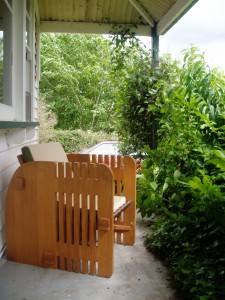 So I created the file, and even though it seemed impossible, decided that somehow, somewhere, I was going to find myself a home that I could call my own, put down some roots, and nest.
So I created the file, and even though it seemed impossible, decided that somehow, somewhere, I was going to find myself a home that I could call my own, put down some roots, and nest.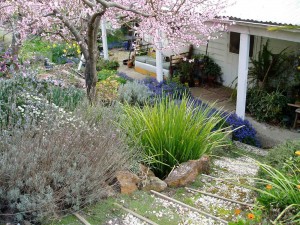 I loved my house and garden in Creswick, into which I poured ten years of work and creativity. And yes, I did
I loved my house and garden in Creswick, into which I poured ten years of work and creativity. And yes, I did 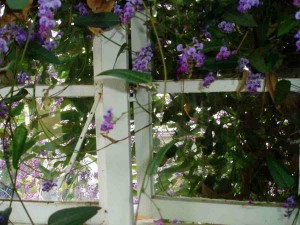
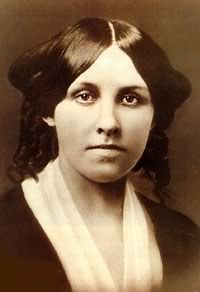
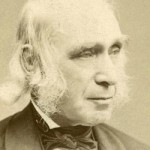
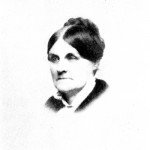
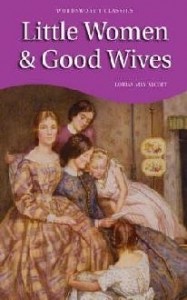 could legitimately run the show). The popularity of the books also provided her, in a time when spinsters were generally looked down upon and silenced, with a safe and authoritative persona as ‘Aunt Jo’ (married and a mother by the third book) while allowing Louisa herself to nevertheless remain unmarried and ‘paddle her own canoe’.
could legitimately run the show). The popularity of the books also provided her, in a time when spinsters were generally looked down upon and silenced, with a safe and authoritative persona as ‘Aunt Jo’ (married and a mother by the third book) while allowing Louisa herself to nevertheless remain unmarried and ‘paddle her own canoe’.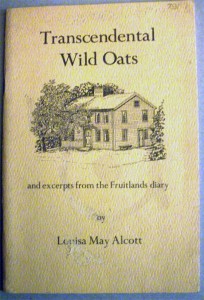 ‘Transcendental Wild Oats’ is a curious piece of writing, because it sits in a way in a crack between the disavowed works (which often question marriage as providing emotional safety for women) and the canonised ones (with the famous dictum, ’to be loved and chosen by a good man is the best and sweetest thing which can happen to a women’).
‘Transcendental Wild Oats’ is a curious piece of writing, because it sits in a way in a crack between the disavowed works (which often question marriage as providing emotional safety for women) and the canonised ones (with the famous dictum, ’to be loved and chosen by a good man is the best and sweetest thing which can happen to a women’).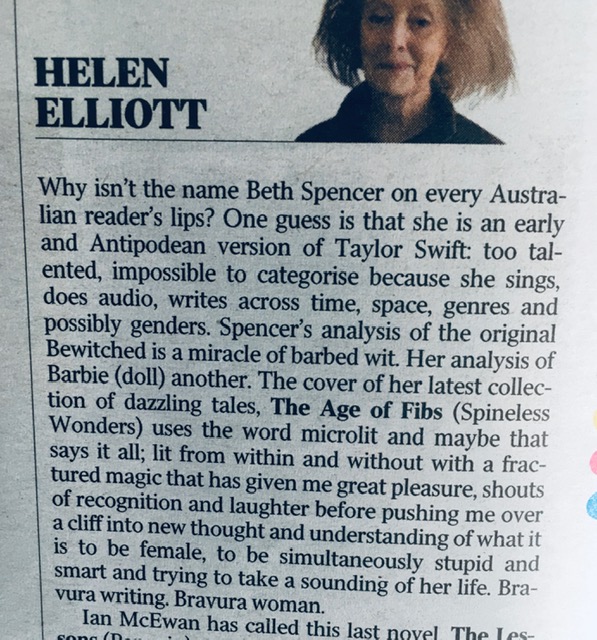
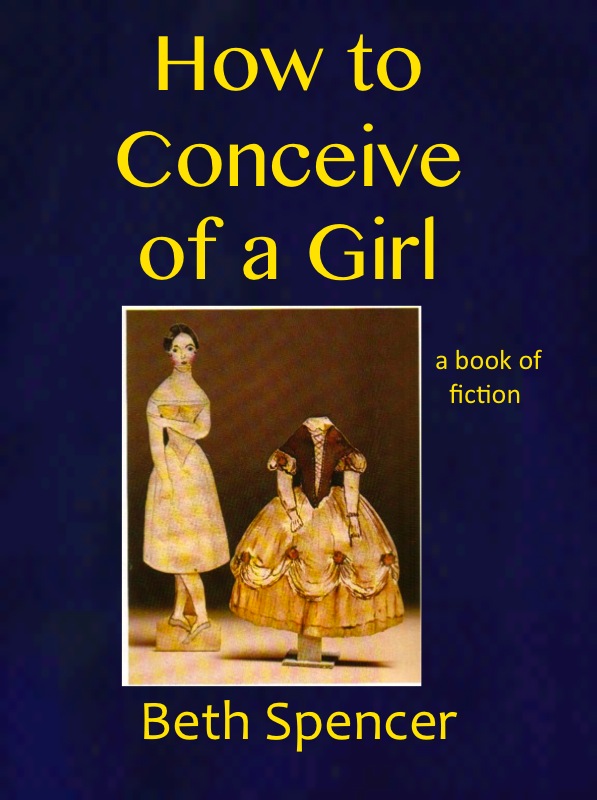
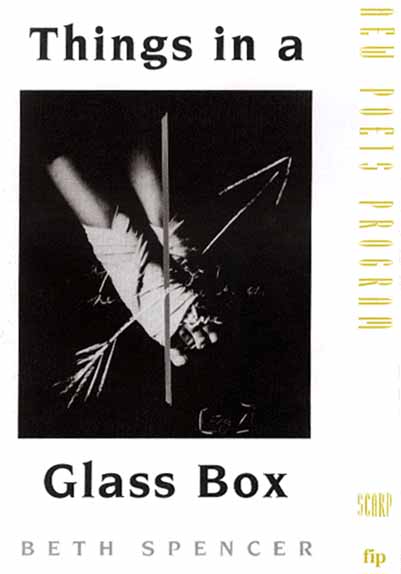
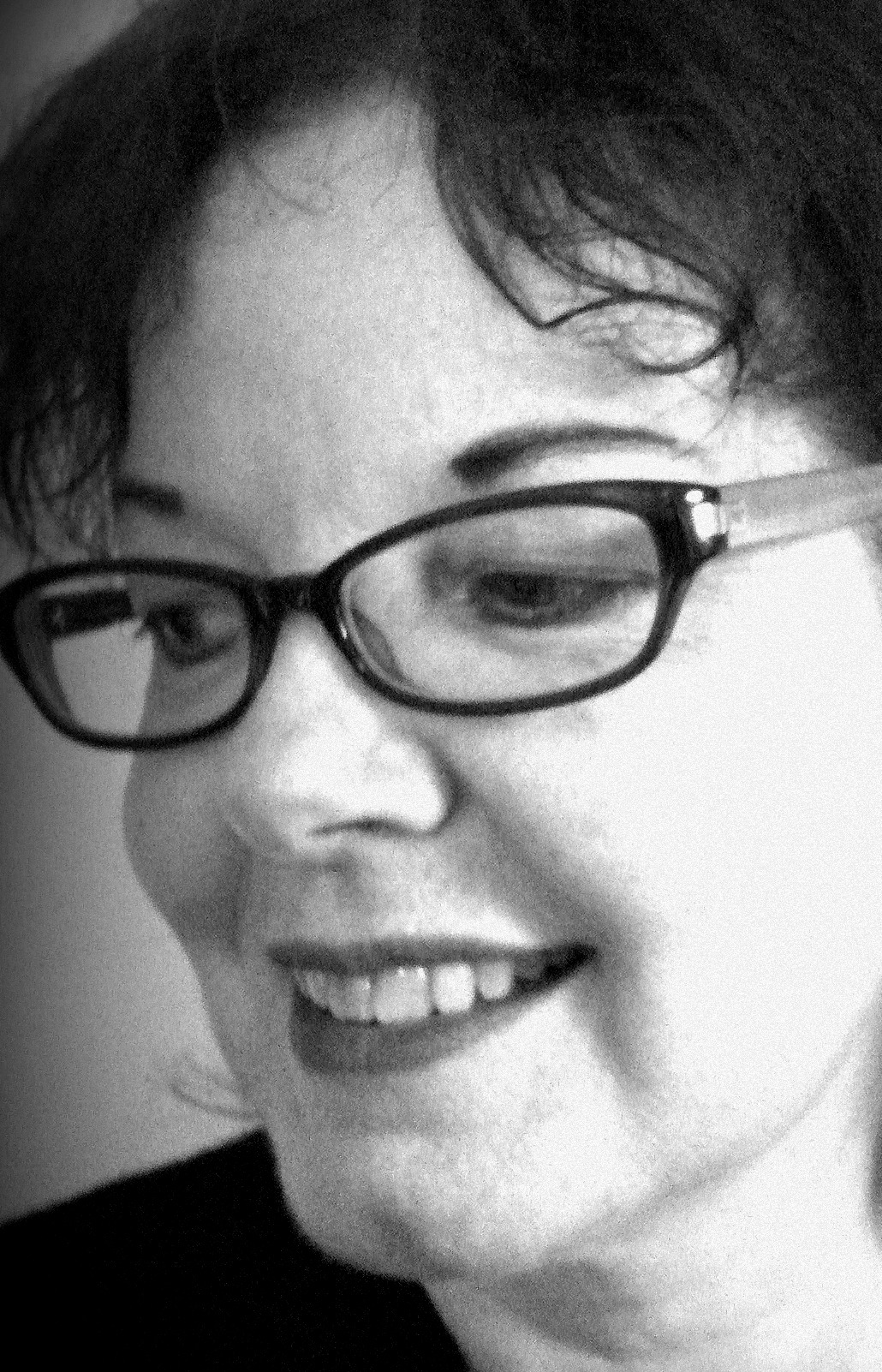
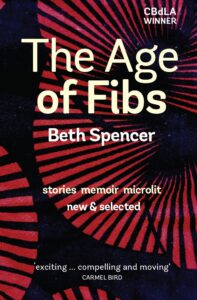
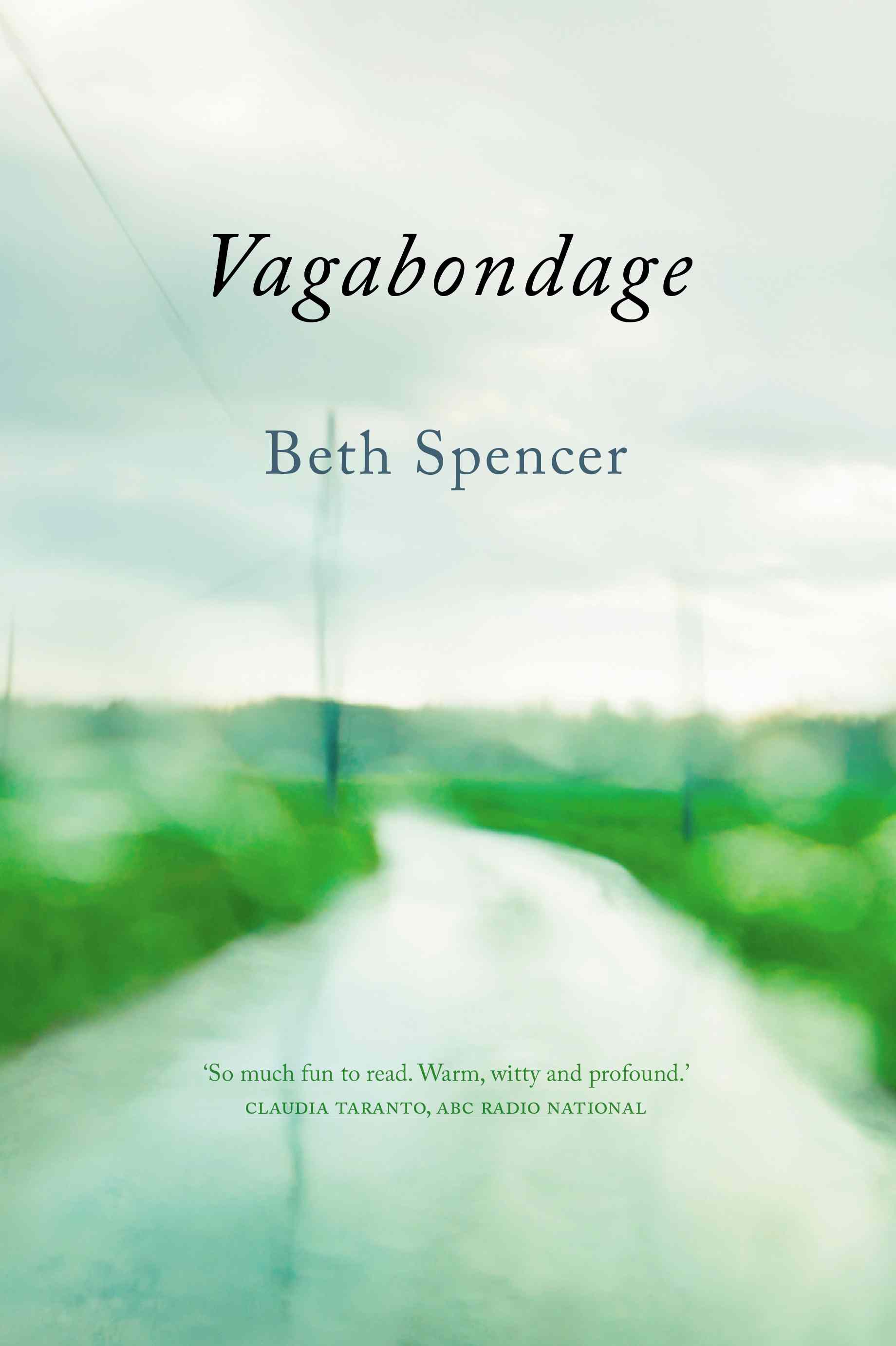
![[The Party of Life, cover]](http://bethspencer.com/blog/wp-content/uploads/2012/11/sm-edged-front-cover-Party-of-life-227x300.jpg)

